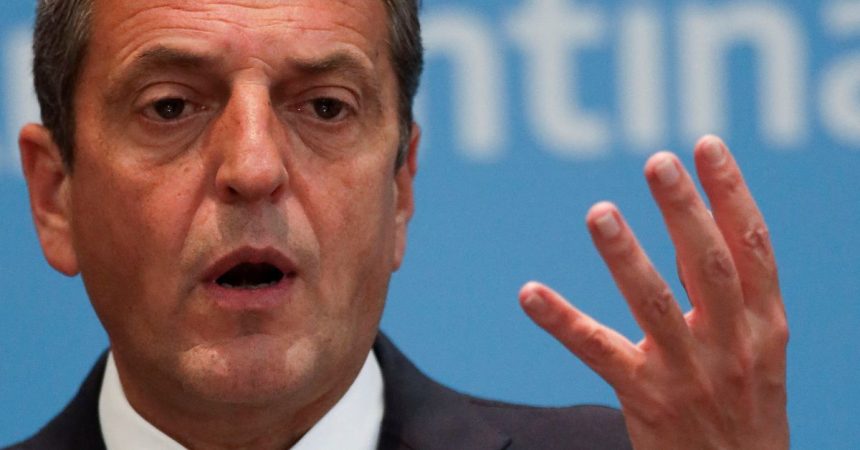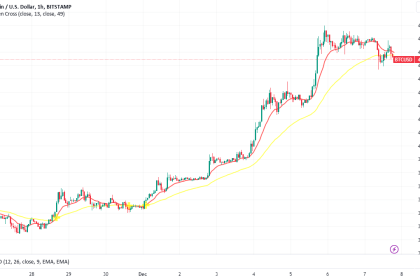[1/2]Argentina’s presidential candidate Sergio Massa gestures during a press conference a day after the first round of Argentina’s presidential election, in Buenos Aires, Argentina October 23, 2023. REUTERS/Cristina Sille Acquire Licensing Rights BUENOS AIRES, Oct 23 (Reuters) – Argentine Economy Minister Sergio Massa’s political escape act – winning a first round general election despite overseeing the country’s worst economic crisis in decades – was built on tax cuts, and voter concerns of higher bus fares and medical bills. On Sunday, the centrist Peronist economy chief scored some 37% of the vote ahead of far-right libertarian Javier Milei who received 30%, a surprise reversal of pre-vote expectations giving him the momentum into a Nov. 19 run-off. Massa’s win underscores how he managed to successfully play up fears that Milei’s radical proposals to fix a broken economy could make things worse for the millions who are heavily reliant on state subsidies, despite voter anger at the government. In the week running up to the vote commuters were shown two ticket prices on trains and buses with a low “Massa price” or far higher prices under his rivals without subsidies. Local media reported similar though more informal campaigns in some hospitals, and the energy secretary warned the price of subsidized gas could double. Massa also expanded income tax exemptions to all workers earlier this month, a popular move though at a significant cost to already depleted state funds and fiscal targets agreed with major creditor the International Monetary Fund (IMF). Milei, meanwhile, has pledged to “chainsaw” the economic status quo and privatize many state entities, gaining a strong backing by voters fed up with years of economic mismanagement, but also spooking some people with his often violent rhetoric toward his critics. “For me it was a matter of time before people realized that Milei’s proposals made no sense,” said Amparo Anzaldi, 20, a student in Buenos Aires. “It is not going to be easy to take away our education or public health.” ‘CHAINSAWING’ THE WELFARE STATE? Milei had talked about being in favor of privatization of state entities and Chile’s public-private model, a sharp shift from the Peronist’s social welfare that creates a safety net for the least well-off but has drained state coffers. “A lot of Argentines have a lot to lose from the dismantling of the welfare state,” said Benjamin Gedan, director of the Wilson Center’s Argentina Project, adding Milei’s campaign appearances wielding a chainsaw to illustrate his plans to trim back the size of the state may have backfired. “At the other end of the chainsaw he totes at rallies are the pocketbooks of millions of Argentines,” he added. Massa though does bear major political baggage from the government’s economic failures over the years, even if he is a more of a centrist and not closely allied to the Peronist movement’s leftist icon Cristina Fernandez de Kirchner. Ana Monclus, a 20-year-old student, meanwhile said she was skeptical of the governing party that had led the country during its current economic predicament, with multiple exchange rates, rising debts and a looming recession. “The truth is that I can’t believe that people continue to elect this government. Years of corruption, the dollar going to hell, inflation to hell and they vote for the same people who are there now,” she told Reuters. Read Next article with gallery Americascategory Brazen ambush leaves at least 13 local police dead in Mexico 4:36 AM UTC · Updated ago article with gallery Americascategory Ancient Amazon River rock carvings exposed by drought October 23, 2023 article with video Americascategory Rio gangsters torch at least 35 buses after Brazil crime boss killed 12:06 AM UTC Worldcategory Canada says China-linked ‘Spamouflage’ campaign targeted lawmakers, PM Trudeau 3:54 AM UTC · Updated ago Reporting by Anna-Catherine Brigida. Additional reporting by Candelaria Grimberg and Lucinda Elliott; Editing by Adam Jourdan and Aurora Ellis Our Standards: The Thomson Reuters Trust Principles. Acquire Licensing Rights, opens new tab Anna-Catherine Brigida Thomson Reuters Anna-Catherine Brigida is a correspondent in Buenos Aires, where she has covered Argentine politics and economics since 2023. From 2015 to 2022, she was based in Central America as a freelance reporter, where she covered migrant caravans, historic human rights trials, key elections, reproductive rights and more in El Salvador, Guatemala and Honduras. She has a special interest in covering cryptocurrencies since she began reporting on the topic after El Salvador’s 2021 landmark decision to make Bitcoin legal tender. Her investigation into the murder of deportees in El Salvador was selected as a 2019 finalist in international reporting for the Livingston Award for Young Journalists.



